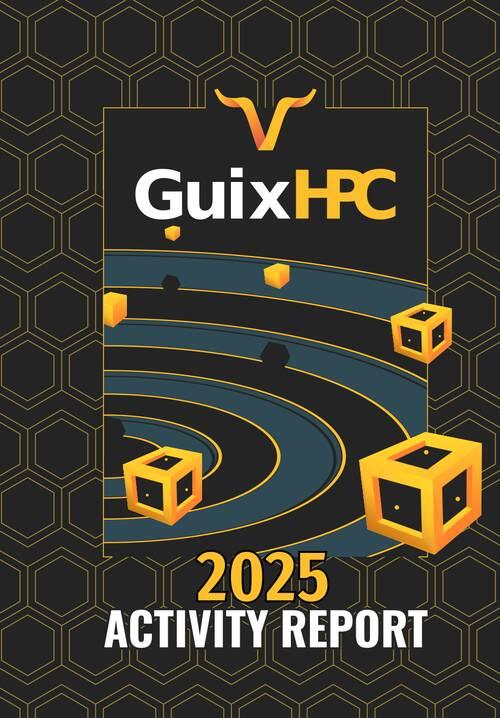Story: when colleagues realize #Guix rocks!
– Please help me! a colleague said.
– What’s wrong? I answered.
– My R stuff worked and now it crashes!
– Ah, so what’s changed in between?
– Nothing!
– Maybe an update?
– Indeed, apt update and upgrade, but packages were unrelated!
– Maybe not?
– I’ve double-checked:
• it still works on this other machine but crashed on this one.
• all the versions between the both machines are the sames.
Damned! I’m lost…
– Maybe it’s not the same versions?
– Look, 1.2.3-xzy and 1.2.3-xyz etc.
– Look, folder checksum are different so it’s not the same.
– …
– Please, give me the list of R packages you need.
…half hour later…
Thanks #Guix and guix-science, guix-cran and guix-bioc channels, only one R package needs to be freshly packaged.
The command:
guix time-machine -C channels.scm -- shell -m manifest.scm
and tandam the same computational environment is running on the both machines.
Nothing more.
First conclusion: APT and Ubuntu are poorly designed for #ReproducibleResearch and one needs wizard skills to avoid the bitter bite.
Second conclusion: Some people in my lab are realizing the hard way: « Aaah maybe starting a project with Guix might be slower at first but then it frees from some painful burden. »
Third conclusion: let wait the end of some pending computations. 😁


